Can Trump send the National Guard to cities around the US?
A federal law called the Posse Comitatus Act generally restricts the use of the U.S. military for domestic law enforcement purposes.
 With the dome of the U.S. Capitol in the background, members of the DC National Guard keep watch outside Union Station after U.S. President Donald Trump deployed the National Guard and ordered an increased federal law enforcement presence to assist in crime prevention, in Washington, D.C., August 19, 2025. / REUTERS/Kevin Lamarque/File Photo
With the dome of the U.S. Capitol in the background, members of the DC National Guard keep watch outside Union Station after U.S. President Donald Trump deployed the National Guard and ordered an increased federal law enforcement presence to assist in crime prevention, in Washington, D.C., August 19, 2025. / REUTERS/Kevin Lamarque/File Photo
The administration of U.S. President Donald Trump has ordered National Guard troops to Portland, Oregon, and to Chicago to suppress protests and bolster immigration enforcement. National Guard were also deployed in recent months to Los Angeles and Washington.
Below is a look at the president's legal authority for using the military in U.S. cities, which runs counter to the country's traditions.
DOES US LAW PERMIT MILITARY POLICING?
A federal law called the Posse Comitatus Act generally restricts the use of the U.S. military for domestic law enforcement purposes.
This 1878 law embodies a long-held American belief that involving the military in civilian affairs is a threat to personal liberty.
But there are exceptions to the Act.
WHEN DO THE EXCEPTIONS APPLY?
The National Guard is a reserve force that can be activated by and put under the command of the governor of its state, as often happens in emergencies such as natural disasters. The Posse Comitatus Act does not apply when National Guard report to a state's governor. National Guard can also be federalized and put under the command of the U.S. president, when the act does apply.
In ordering troops to California, Oregon and Illinois, the Trump administration has relied on a law -- Section 12406 of Title 10 of the U.S. Code -- that allows the president to deploy state National Guard to repel an invasion, to suppress a rebellion or to allow the president to execute the law. That complies with the Posse Comitatus Act because it does not allow the National Guard to perform law enforcement activities.
Unlike the state National Guard forces, the District of Columbia National Guard reports directly to the president and Trump has full authority to activate them, as he did in August. Trump alleged the city was stricken by crime, which the mayor disputed.
WHAT HAVE THE COURTS SAID?
A federal judge on October 4 temporarily blocked Trump from deploying 200 Oregon National Guard troops to the city of Portland while a lawsuit challenging the move plays out.
U.S. District Judge Karin Immergut ruled that Trump's claim that violence was preventing federal agents from enforcing the law was "simply untethered to the facts." The judge said there was no basis for the president to invoke Section 12406.
Trump has filed a notice of appeal in the case.
Immergut, appointed by Trump during his first term, also blocked an attempt by the administration to send National Guard from California and Texas to Portland.
In contrast to Immergut's ruling, the 9th U.S. Circuit Court of Appeals in San Francisco said in June that Trump likely acted within his authority under Section 12406 in sending the National Guard to Los Angeles because at that time demonstrations were marked by violence that likely impeded federal officers from enforcing the law. The case before the appeals court was brought by California Governor Gavin Newsom, a prominent Democrat.
Illinois and Chicago sued the administration on October 6 to block the deployment of the National Guard to Chicago. A judge has yet to rule on the request.
ARE THERE OTHER WAYS TRUMP COULD DEPLOY TROOPS TO CITIES?
Trump could take the far-reaching step of invoking the Insurrection Act, which is an exception to the Posse Comitatus Act. He told reporters on Monday he would consider that move if courts continued to block the use of the National Guard.
There are several conditions for invoking the act, including when there is an insurrection, rebellion or "unlawful obstructions." The Supreme Court has ruled that the president alone can determine if the act's conditions have been met.
It has been used 30 times in U.S. history, according to New York University's Brennan Center for Justice, a left-leaning public policy institute.
Trump could be invited by a governor to invoke the act, as former President George H.W. Bush was in 1992 in response to riots in Los Angeles.
Trump could invoke it on his own if he deems there to be a breakdown in law and order or decides it is needed to defend civil rights. It was invoked in the 1950s and 1960s to enforce school desegregation and protect civil rights marches.




 Reuters
Reuters
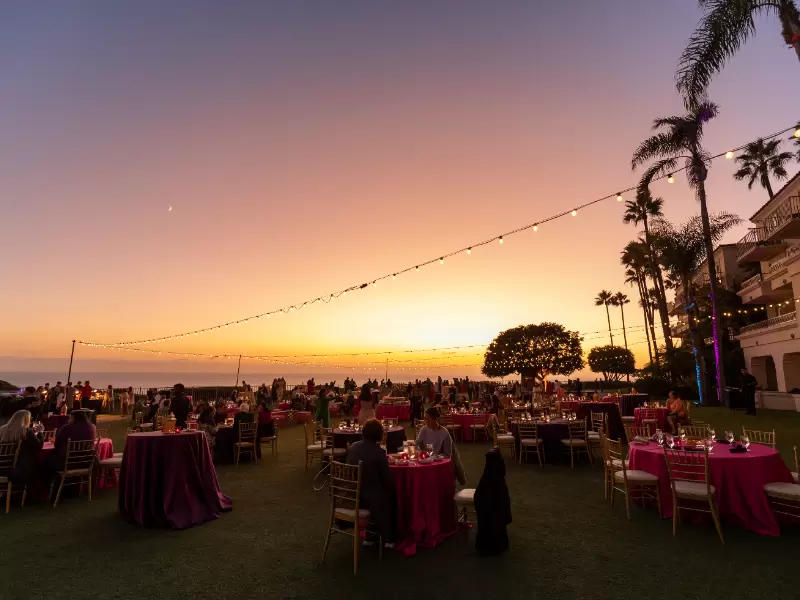
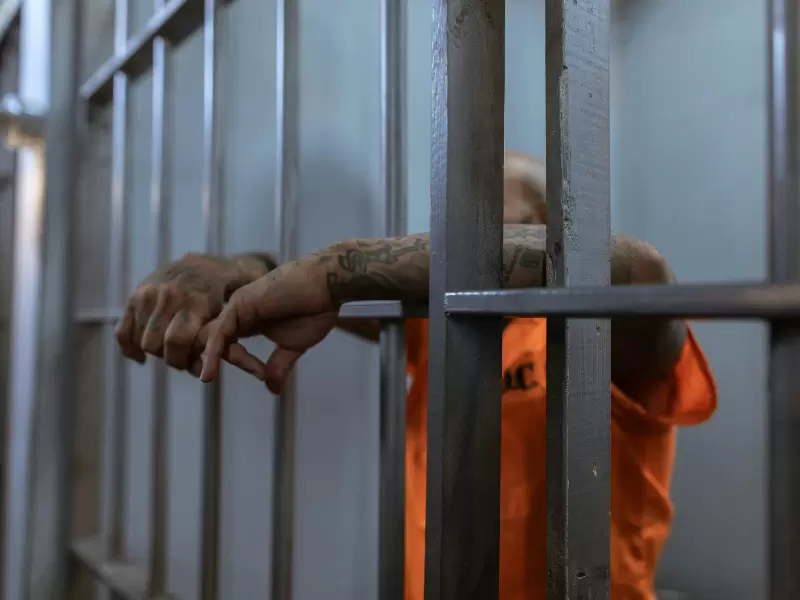
.jpg)
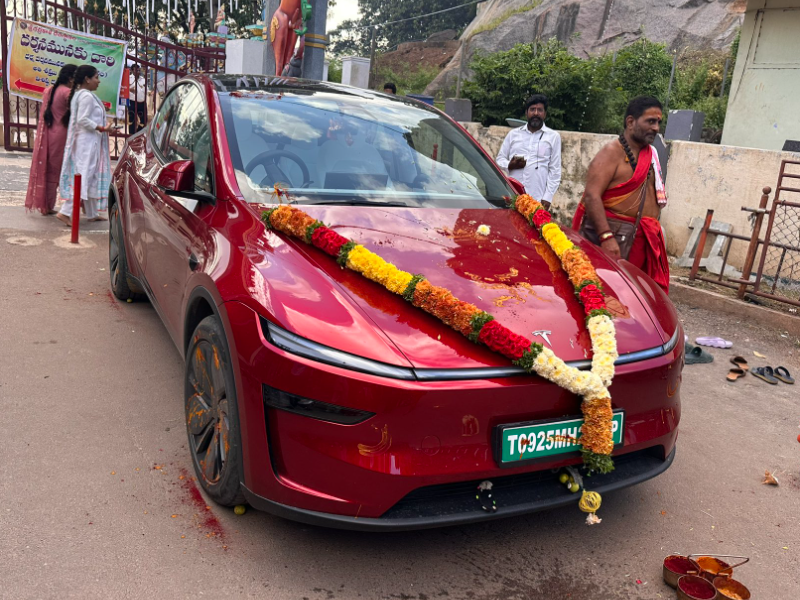
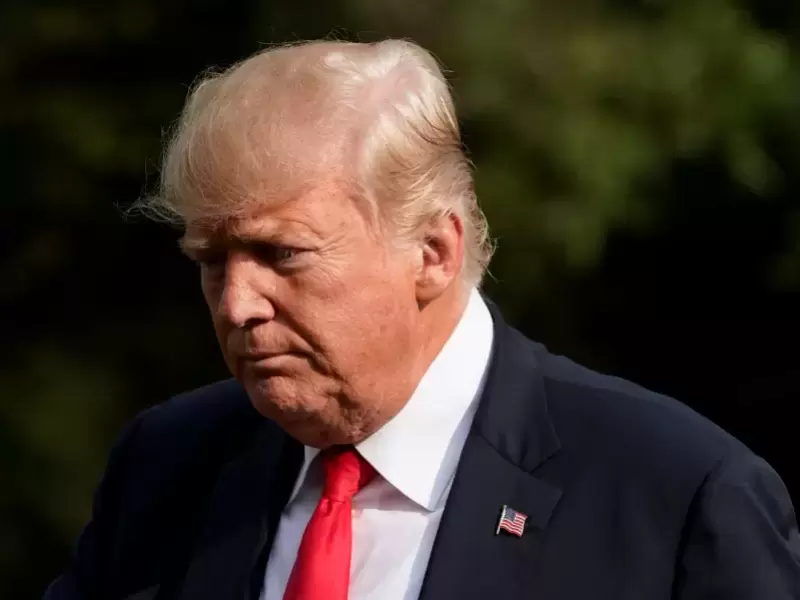
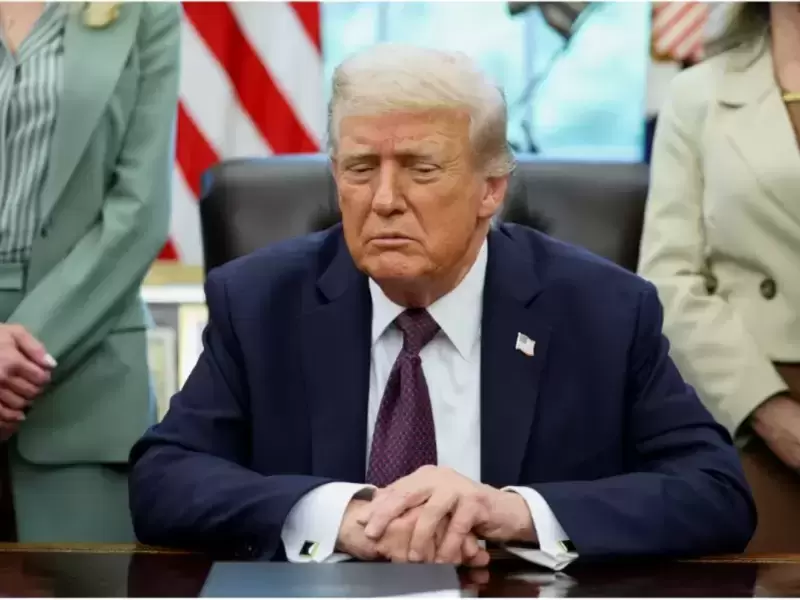

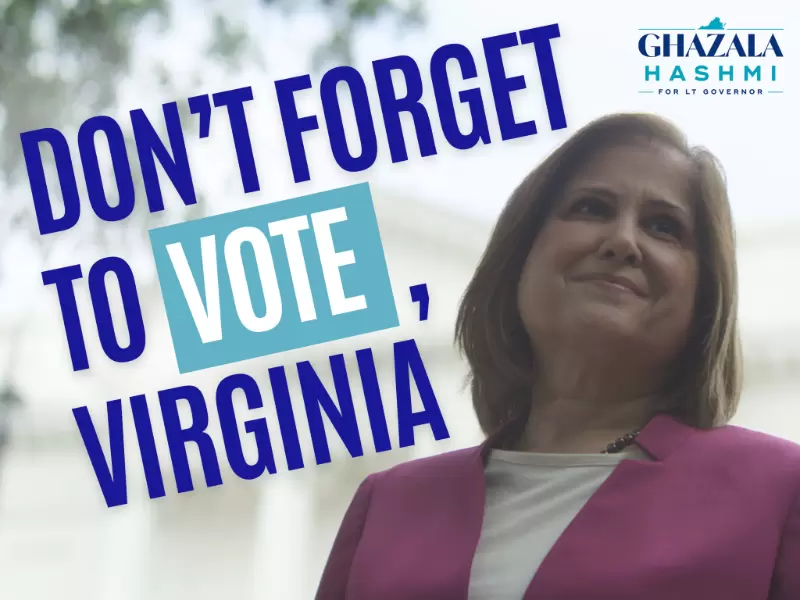

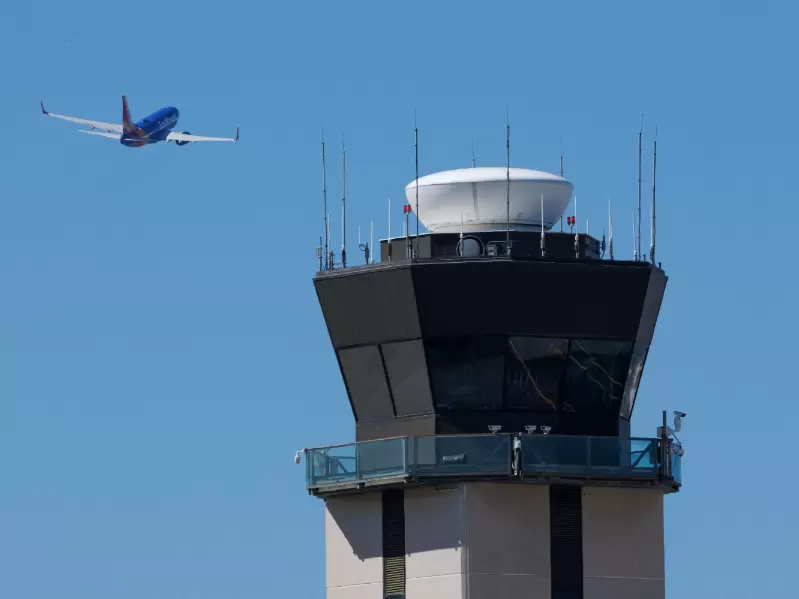




Comments
Start the conversation
Become a member of New India Abroad to start commenting.
Sign Up Now
Already have an account? Login